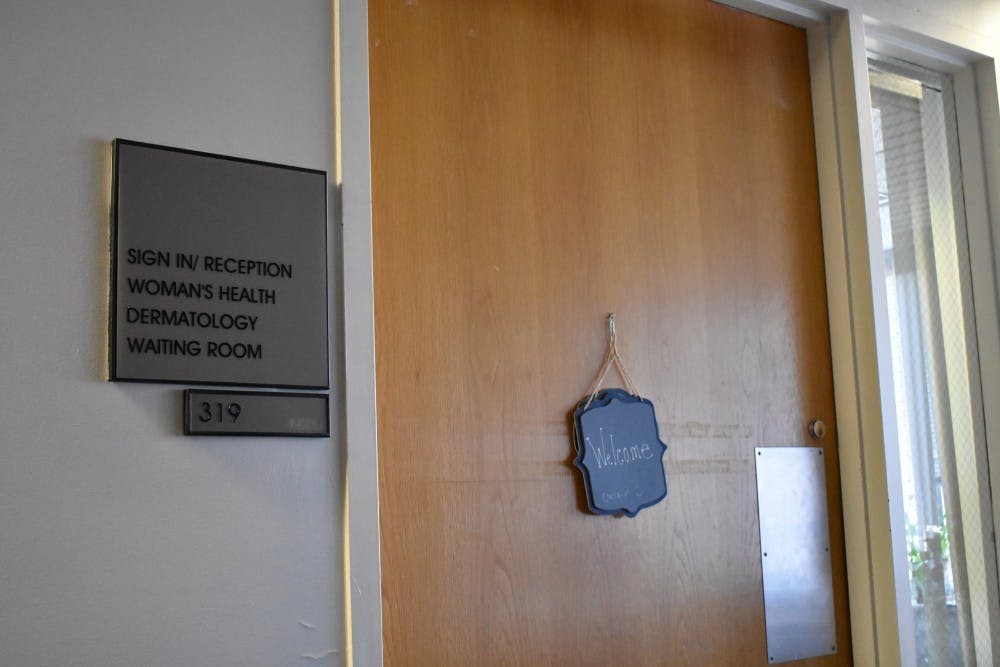The first intrauterine device (IUD) was introduced almost 50 years ago, providing a safe and reversible contraceptive alternative to traditional oral hormonal medication, commonly known as the pill. Today, Women’s* Health Services at UNC offers four different IUDs and a variety of other long term and short term reversible contraceptive services, and students are taking advantage of it.
Visha Burkart, the Women’s Health nurse for Campus Health Services, has noted a growing trend in students asking for IUDs and Nexplanon, the hormone-releasing implant placed in a patient's upper arm, rather than the pill.
“We go through phases where everybody who comes in wants a Mirena (a type of IUD), and then everyone wants Nexplanon,” Burkart said. “It’s always interesting to see the different ones each week. A lot of times, it’s word of mouth. Implants and IUDs are most popular, however we do have a large contingent of patients who still use oral hormonal contraceptives.”
In her experience, Burkart has noticed that college students who had previously used the pill in high school want to switch to a contraception that does not require daily attention.
“I was on the pill and wasn’t taking it every day, so my mom made me switch to the shot. I had to get it every three months and it was getting too complicated,” junior Jenna Dunsmore said. “When I came back to school, I got an IUD because it lasts three years.”
Some patients already have preferences in mind when they consult Women’s Health for their first form of birth control.
“I’m way too irresponsible to take the pill so I have Nexplanon. It’s my first form of birth control," junior Charity Taylor said. "If I happen to not use a condom, I’m not worried anymore."
Despite the increased effectiveness of long acting reversible contraception, Burkart said it can sometimes lead to a lack of care toward STI prevention.
“Something I do is a lot of STI screenings,” Burkart said. “There are so many fantastic methods of contraception that are almost failsafe, that sometimes I feel like our student population might not use barriers as often as people in my generation because everyone was terrified of AIDS. Now people are less concerned, so I would encourage people to keep using the barriers that we have here for free.”



